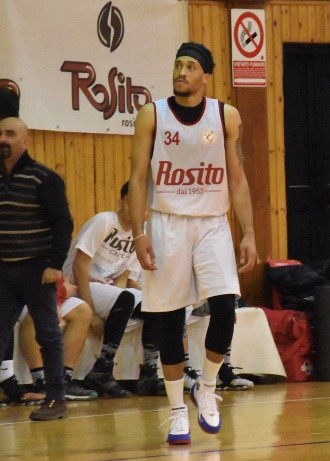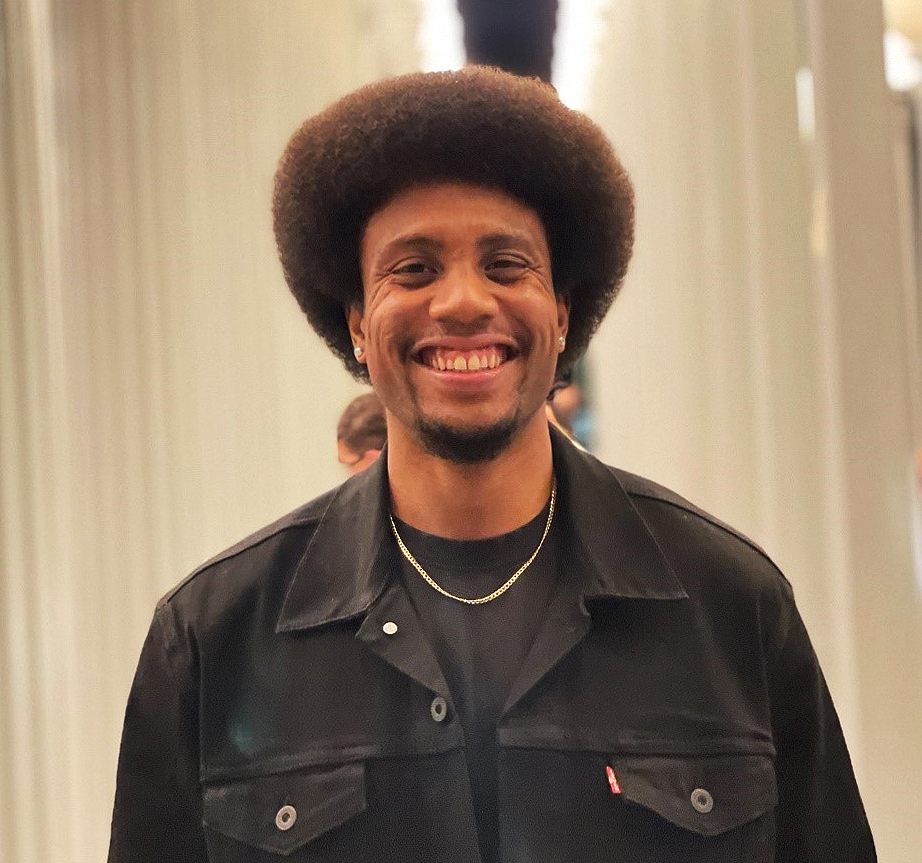Mitchell Alumni Score Overseas
Completion of a college degree sometimes means a special trip for the graduate to see the world before starting a new job or graduate school. These Mitchell College alumni, who played basketball and baseball for the Mariners, took it a step further and moved overseas to continue to play the sports they loved while soaking in the new cultures around them.
Each credited the excellent education and experience they gained at Mitchell for giving them the ability and foundation to adapt to new environments and pursue their goals beyond playing their sport—from earning an advanced degree to getting a professional job in their area of study.
Parris Hill Jr. ’16
After earning a bachelor’s degree in communication, Parris Hill Jr. ’16, played basketball for Nuovo Cestistica Barletta Basketball in Barletta, Italy.
He said, “Besides the hard grind of basketball practices at Mitch, the communication program helped get me ready for Italy. It really got me out of my shell and more open to things. No one spoke English in my city in Italy, and there were a lot of required duties that I had to fulfill with my team representing the basketball organization. I had to be open to finding ways to interact with my teammates, fans and in my daily travels.”
Currently an environmental consultant specialist for a bio company in Northern California, Hill said his favorite memory of Mitchell is “winning the NECC Championship in 2014. It was the first championship for the program. What a wild day of emotions before and after the game! All worth it. History.”

Colizel Lewis ’18
After earning his bachelor’s degree in health sciences, Colizel Lewis ’18 headed to the United Kingdom, where he played basketball for the Newcastle Knights, part of the British Universities & Colleges Sport league and the National Basketball League, Division 2. But that’s not all he did. While he was there he also earned a master’s degree in regenerative medicine and stem cells from Newcastle University.
Today he works as a researcher at a biotech startup company in South San Francisco, focusing on finding treatment for Parkinson’s disease. He said he looks forward to continuing to grow as a scientist and a professional.
“Mitchell prepared me to live internationally because of the diverse student population that we had. I met so many people during my time at Mitchell with different backgrounds and from various states. Mitchell also prepared me academically to be successful in graduate school in the United Kingdom, and I credit that to the wonderful professors and advisors that I had!” he said.

Markus Melendez ’19
Markus Melendez ’19, an assistant property manager for 33Realty, a Poplar Company, in Chicago, spent three summers living and playing professional baseball in several European countries, including France, Germany, Czech Republic and Sweden.
Melendez felt prepared to go out into the world after earning his bachelor’s in communication and said, “Mitchell’s diverse student body and faculty were a major contributor to my ability to acclimate to the many different cultures I was fortunate enough to immerse myself in. That, coupled with Mitchell’s ability-based learning model, provided me with the confidence to take a chance and go overseas.”
He stresses the importance of ability-based learning not only for giving confidence to immerse himself in new cultures across Europe but also for transitioning back into a job outside of athletics.
“The emphasis on ability-based learning is one of the things I am most grateful to Mitchell for. I firmly believe that in today’s work environment and society, the ability to adapt is paramount. Learning the skills to do so are what afforded me not only the ability to live out my dream as a professional baseball player while living overseas, but now the ability to transfer into the ‘corporate world’ of property management.”
